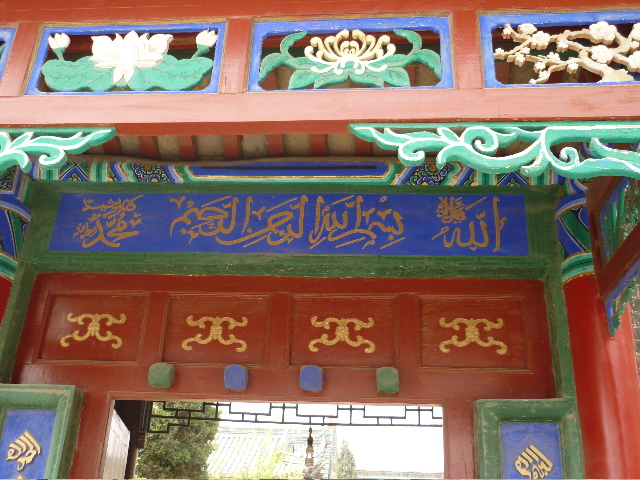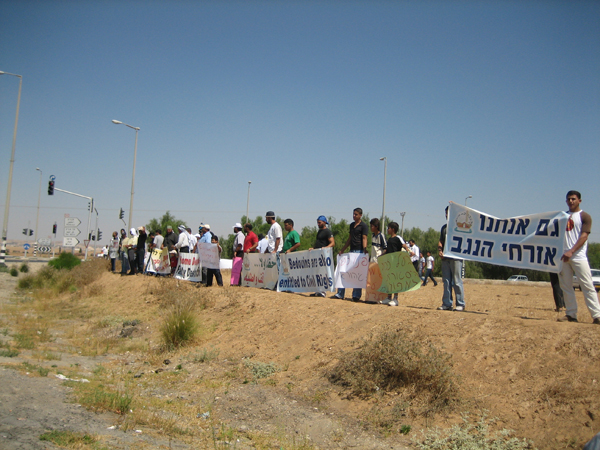Colombia: unrelenting terror against social leaders
Despite advances for the peace process with the FARC rebels, the wave of assassinations of social leaders across Colombia by presumed paramilitary hitmen is unabated.
Despite advances for the peace process with the FARC rebels, the wave of assassinations of social leaders across Colombia by presumed paramilitary hitmen is unabated.
Five campesino leaders were assassinated by presumed paramilitary hitmen on the same day that the Colombian government's official ceasefire with the FARC took effect.
Rights groups see an urgent threat that criminal gangs and paramilitary groups will fill the power vacuum in remote areas of Colombia as the FARC is demobilized.
The city council of Ibagué, capital of Colombia's Tolima department, voted to a approve a popular "consulta" on a proposed mineral project for the municipality.
The presidents of Colombia and Peru pledged to launch a joint operation to "cleanse" the Putumayo river valley of criminal gangs that control the remote jungle border zone.
Colombian campesinos ended their national strike and lifted road blockades after the government agreed to suspend a law barring seed-saving to protect corporate GMOs.
Colombia's campesinos, miners, truckers and other sectors launched a nationwide strike, with clashes reported as National Police troops attacked roadblocks.
Colombia's ex-VP Francisco Santos is accused of fabricating FARC attacks in a stratagem to undermine peace talks overseen by his cousin and rival President Manuel Santos.
FARC commander Rodrigo Granda, speaking to reporters in Havana where the peace talks are underway, denied that the guerilla army is a drug-trafficking organization.

Gilberto Valencia, a young Afro-Colombian cultural worker, became 2019's first casualty of political violence in Colombia, when a gunman opened fire on a New Years party he was attending in his village in Cauca region. As the death toll from around the country mounted over the following weeks, the UN Mission to Colombia warned President Iván Duque that he must address "the issue of the assassinations of social leaders and human rights defenders." Colombia's official rights watchdog, the Defensoría del Pueblo, acknowledges that there was an assassination on average every two days in the country last year—a total of 172, and a rise of more than 35% over 2017. (Photo via Caracol Radio)
In a joint anti-drug operation code-named Armagedon, Peruvian military and National Police troops carried out a series of raids in the remote Putumayo river valley along the Colombian border this week, arresting some 40, destroying four cocaine laboratories, and seizing large quantities of cocaine sulfate and harvested cannabis. The majority of those detained were Colombian nationals, and authorities said they suspect the presence of "dissident" FARC units, who are trying to establish the zone as a staging ground to keep alive their insurgency. More than 350 troops have been deployed in the operation, with five helicopters and three planes as well as boats. The operation is being coordinated with Colombian security forces, who are carrying out similar missions on their side of the Río Putumayo. (Photo via El Comercio)

Colombia's peace process continues to advance, with institutional mechanisms for a post-war order falling into place. But violence in the countryside across Colombia remains at an alarming level, as social leaders are targeted for assassination by paramilitary factions. The ELN guerilla organization—which, unlike the FARC, remains in arms—released a statement noting that January had seen an assassination every day across the country, and charged that rightist paramilitary networks are carrying out a "systematic genocide."